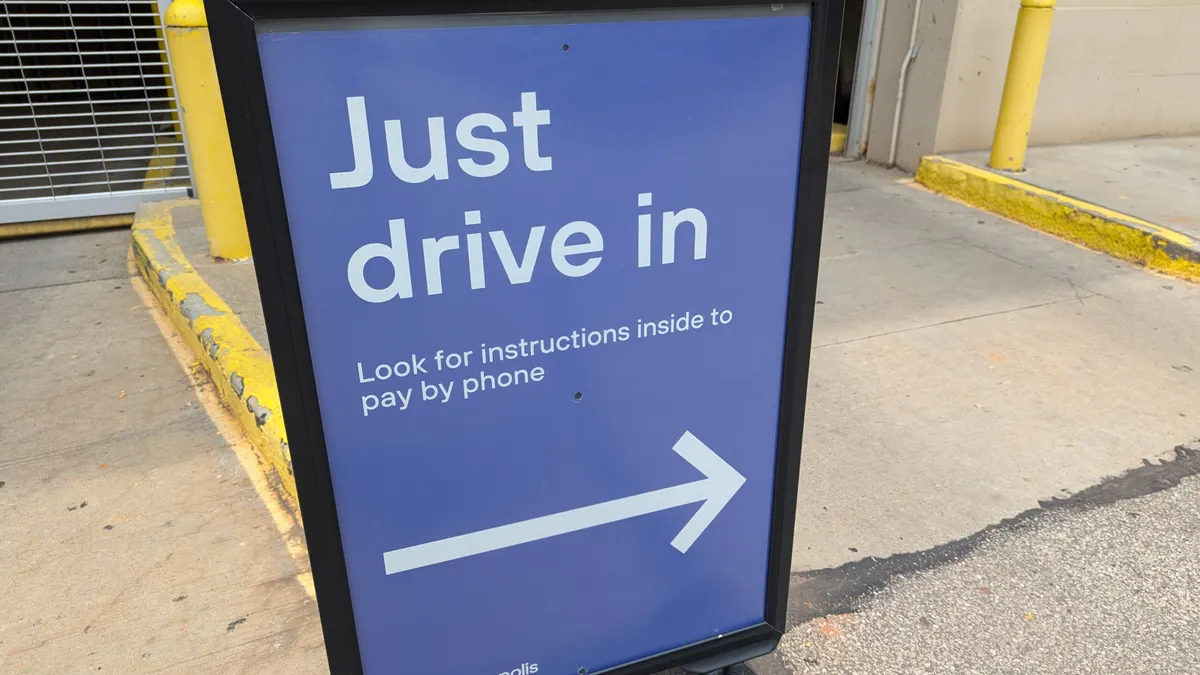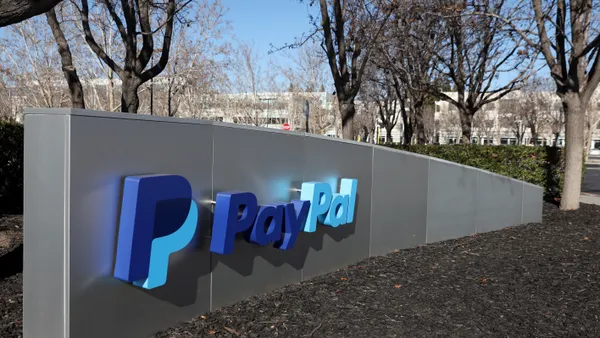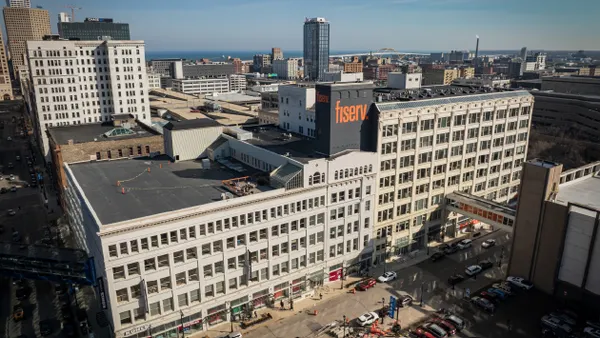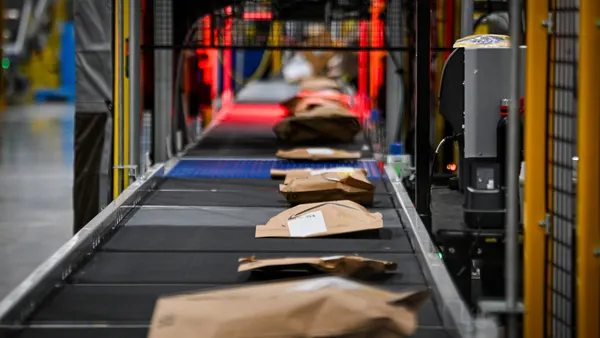Embedded payments are often associated with convenience stores and ride hailing companies like Uber and Lyft, but these services are also becoming common in the parking sector.
Last year the artificial intelligence company Metropolis bought SP+ Parking, one of the biggest parking companies in the world, and added its AI-recognition technology to thousands of parking lots across the United States.
The company’s system requires a driver to enter their credit card information the first time they park, using a QR code, and then an AI camera system recognizes their vehicle by its license plate and charges them for the duration of their stay.
Drivers have to provide their credit card information only the first time they use the service. On subsequent parking trips, they just drive into the lot and the system charges them appropriately.
This method of parking will become more ubiquitous as consumers become accustomed to the ease and convenience, said Andrew Radlow, an industry consultant and former executive for the now defunct cashierless payment provider Grabango.
“You literally have the ability to just drive in,” Radlow said in an interview. “The experience of waiting to get in, or waiting for someone to take your ticket is all obviated by AI.”
The payment method is also used at toll booths and now accounts for millions of transactions daily, Radlow said.
Competitors to Metropolis include Boston-based Vend Park, which was founded in 2020, and Santa Clara, California-based ParkingAI, which was founded in 2023.
A downtown Cleveland parking garage is among those operated by Metropolis. The concrete behemoth of a building stands between the city’s skyscrapers and hugs the northern edge of Progressive Field, the home of the Cleveland Guardians baseball team.
Signs posted at the garage’s multiple entrances extol customers to just drive in and scan a QR code to enter their payment information. Signs at the exits remind customers they can just drive out.
Metropolis, which is based in California, operates about 4,600 parking locations, the majority of which are in the United States, a spokesperson said.
“We started to develop this technology in 2019 and really started to scale it in a pretty big way in 2022,” said Travis Kell, the company's co-founder and chief strategy officer.
The acquisition of SP+ last year helped supercharge the company’s growth, Kell said in an interview. Metropolis now has 16 million drivers signed up for the platform, he added.
The AI-assisted parking system is one of the ways the payments industry is embracing embedded methods of payment, according to industry insiders.
So-called cashierless, or checkout-free, payment systems have proliferated at convenience stores and stadium concession stands in recent years. And a handful of supermarket and grocery store chains have embraced the technology at a limited number of locations.
A customer at a checkout-free convenience store swipes a credit card when they enter and an AI camera system tracks what they take off the shelves then automatically charges them for it when they leave.
You should expect to see artificial intelligence expand to this kind of technology into more types of businesses in the future, said Irfan Nasir, chief product officer and head of solutions for the French payments technology company Ingenico Group, which has its U.S. headquarters in Atlanta.
“Frictionless commerce is going to be the driving force for many, many diverse areas of our daily lives,” he said in an interview














